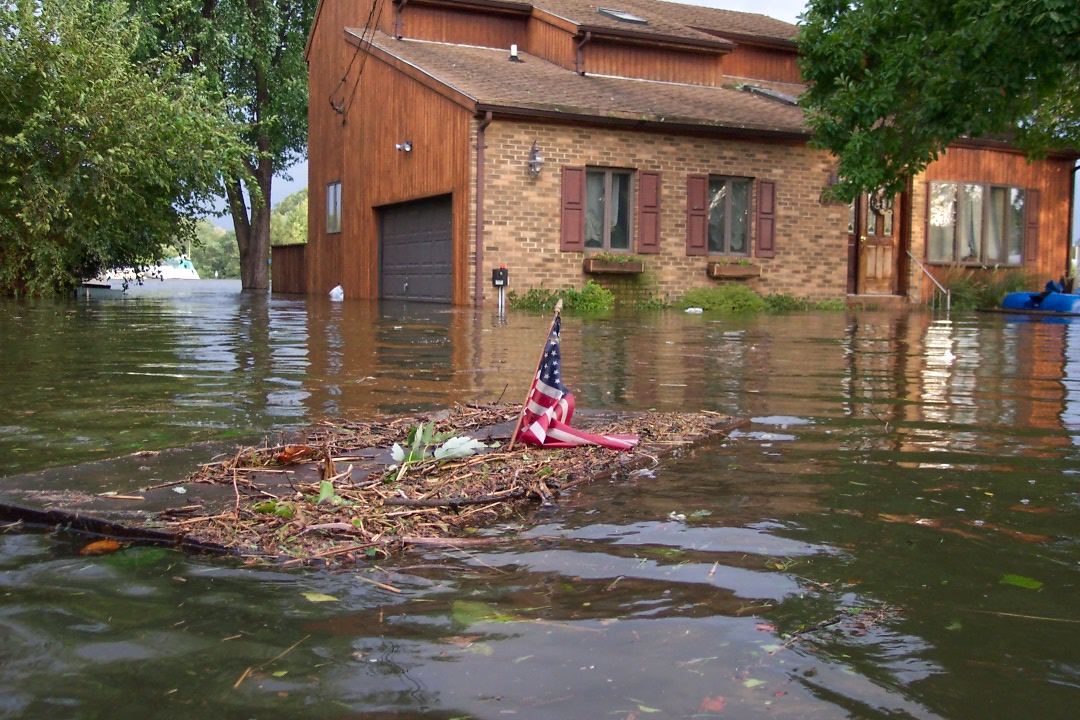By Karen Savage, Climate Liability News. Originally published on Climate Liability News.
A federal appellate judge ruled that Baltimore’s climate liability suit will proceed in state court, rejecting a motion by more than two dozen fossil fuel defendants to halt the suit while they try to convince the Fourth Circuit Court of Appeals that the case belongs in federal court.
In an order issued Tuesday, Judge James A. Wynn, Jr., refused to halt the case pending appeal of an earlier federal court decision sending the case back to state court. Chief Judge Roger L. Gregory and Judge Albert Diaz concurred with Wynn’s decision.
“That means discovery should be able to proceed in state court unless the U.S. Supreme Court steps into intervene, a highly unlikely outcome,” said Ann Carlson, co-director of the UCLA School of Law’s Emmett Institute on Climate Change and the Environment in a blog post.
“The process of discovery will be long and drawn out and oil companies will put up every obstacle imaginable in an attempt to avoid answering questions along the way,” said Carlson, who has provided pro-bono consulting for Baltimore and other municipalities. “But the cases have reached a new stage that no other climate change nuisance case has. Things are about to get interesting.”
This is the second unsuccessful attempt by the fossil fuel defendants to stay — or pause — the case pending appeal of U.S. District Court Judge Ellen Hollander’s ruling that Baltimore’s suit should be heard in state court.
Hollander denied the first attempt in July, rejecting the companies’ claim that they would be irreparably harmed if the case were to proceed. The companies then filed a second motion to stay the case, this time with the Fourth Circuit. Wynn’s order nixed that motion.
“We appreciate the Fourth Circuit’s quick and clear decision and are ready to prove the case in Baltimore Circuit Court where the complaint was filed, and where the case belongs,” Andre Davis, Baltimore’s city solicitor said.
In the suit, which was filed in state court last year, Baltimore alleges that ExxonMobil, Chevron, Shell and 23 other fossil fuel producers and distributors knew for decades that fossil fuels drive climate change but deliberately failed to inform the public about those risks. The city is charging the companies with eight legal violations, including public nuisance, private nuisance, failure to warn and violations of Maryland’s consumer protection laws.
Exxon did not immediately respond to a request for comment and Chevron declined to comment.
Davis said the city of Baltimore is ready for trial.
“Who should pay for the damages of climate change caused by the products of oil, gas and coal companies — the companies who profited from their sale? Or the taxpayers?” Davis said.
“We are ready to get to the merits. Are the fossil fuel companies ready to defend it?”
Main image: Storm surge flooding caused by Tropical Storm Isabel in Bowleys Quarters in Baltimore County, Maryland. Credit: Jason Cohen, public domain
Subscribe to our newsletter
Stay up to date with DeSmog news and alerts







